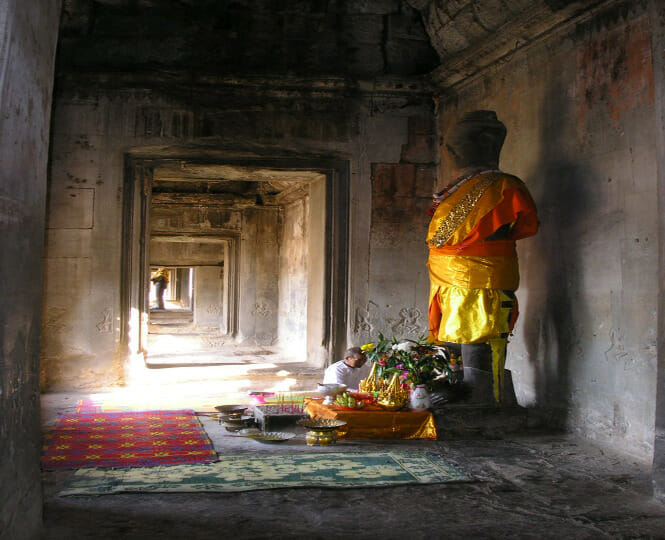[Portrait] Isabelle Brianso, Senior Lecturer in Information and Communication Sciences
What is your research about?
For the last fifteen years, I have been working mainly on the process of heritage protection in an international context, based on case studies in Europe (Council of Europe) and around the world (UNESCO). I am particularly interested in heritage categories that have been awarded a label (Cultural Routes, World Heritage Sites), which I study on the basis of local dynamics observed through surveys (territories, players, forms of heritage). Since I was recruited to Avignon in 2015, however, I have broadened my research to include museums and exhibitions from a regional (Provence) and European perspective.

What are your current scientific activities?
I have just published a book with Dominique Cassaz (Unesco World Heritage Coordinator, Avignon Town Hall) entitled " World Heritage in everyday life. Dynamics and discourse of local residents". (https://books.openedition.org/eua/6879) published by Éditions Universitaires d'Avignon. He examines the relationship to heritage that the inhabitants of cities inscribed on UNESCO's World Heritage List maintain in their ordinary practices, based on case studies (France, Chile, Italy), in particular the historic centre of Avignon.
Why did you choose to work in academic research?
I became interested in working in university research after defending my European thesis and was encouraged by my jury to continue my work. So I applied to the European Commission for an individual Marie Curie fellowship, which enabled me to spend two years at the Autonomous University of Barcelona (Spain) under the supervision of Blanca Vilà-Costa. As part of this European post-doctorate, I spent a long time in the Balkans (Kosovo) working with the local population, the University of Pristina and the European institutions (Office of the Council of Europe), and I felt very much at home. When I came back, I took the MCF competitive examination.
What advice would you give to students who want to do research?
In my opinion, the main indicator is pleasure. Doing research must be a passion, so that it is stimulated by encounters, fieldwork and scientific production. When you're doing research in the social sciences and humanities, you're often on your own; that's why I would advise students to take time out to consider their real interest in doing research, such as writing a dissertation, for example. I would also advise them to mobility within and outside Europe during their studies because it's so rewarding.
What object or image from your business best illustrates you?
This photo represents my first international fieldwork. I spent over a year in Angkor (Cambodia) working for the APSARA / Unesco National Authority, where I learned to study the cultural and spatial complexity of a World Heritage site in relation to the landscape, cultural practices, villages and territory.

The laboratory
The Norbert Elias Centre (UMR 8562) brings together researchers from different disciplines who are convinced of the unity of the human and social sciences. The laboratory is located on the EHESS Marseille campus at Vieille Charité and on the Hannah Arendt campus at Avignon University. It brings together 50 researchers, 80 doctoral students and a support team of about ten people who work on the analysis and description of social worlds.
>> Read more
The portraits
You can discover all the portraits by visiting on this page.
Updated on 9 June 2023